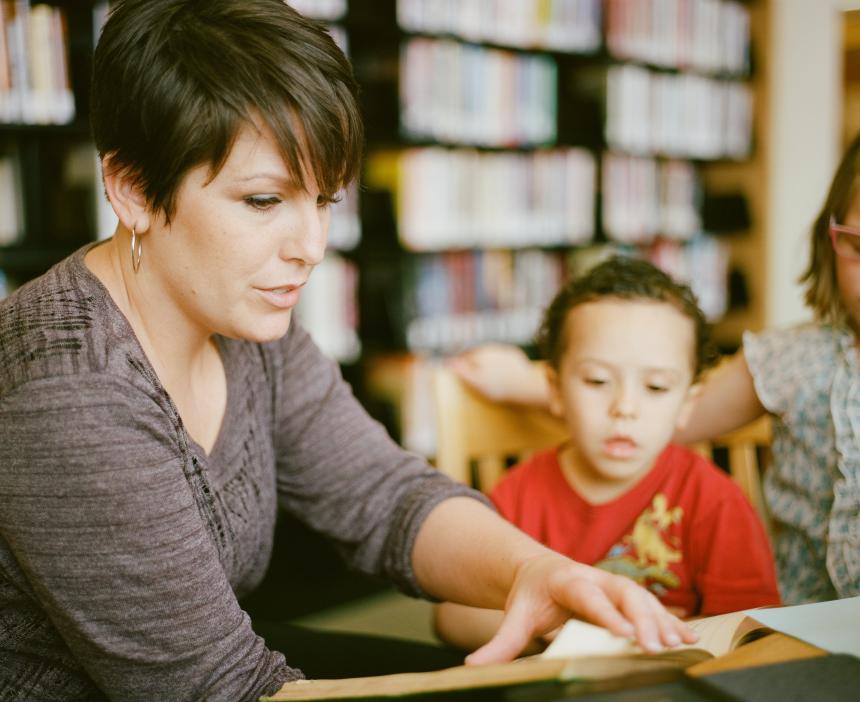
The Australian Education Research Organisation (AERO) was established to advance an evidence-based education system. What does that mean for educators and teachers?
Talk of evidence is everywhere in education. It is almost impossible to imagine anyone doing anything in education without assuring us first that it is ‘evidence-based’. Yet, many practitioners have told AERO that they are confused about the nature and quality of the evidence that exists and what it tells us. There is so much evidence out there, that it can be hard to filter. Many practitioners have also reported challenges in reconciling research evidence with evidence that they have generated themselves.
Being clear about evidence
AERO defines evidence as any type of information that supports an assertion, hypothesis or claim. This includes both research evidence and practitioner-generated evidence.
Evidence-informed practice is when an approach is applied that combines research evidence with a practitioner’s professional expertise and judgement. This expertise and judgement can be based on knowledge or understanding of their children and students, or the environment in which they work.
Evidence-based practices are those practices that are supported by research evidence. The practice has been the subject of academic research and there is a broad consensus within the research community that it works.
What can AERO do to help practitioners and policymakers make better use of research evidence?
AERO wants to understand how to support practitioners and policymakers to use more research evidence and use it effectively.
This means that AERO needs to go beyond just creating nicely designed and easy-to-implement research evidence summaries. AERO also needs to investigate how to effectively support educators and teachers to use research evidence to inform and improve their practice.
This is not a simple task. Researchers at the Q Project and Project GEMS, among others, are already working to examine the use of research evidence in schools. AERO wants to build on this work, including trying to better understand how research evidence and practitioner-generated evidence are used together in practice and policymaking, as well as how evidence is used across the early childhood education and care sector.
Three key questions will guide AERO as it embarks on this work.
First, what is the current state of evidence use by education practitioners across Australia? We need more insight into what is happening right now in our classrooms and early childhood services in relation to evidence-informed practice. For example, there is a lot of accessible, engaging information for practitioners about evidence-based practices. Are teachers using them? If so, are they using them effectively? If not, why not? What assistance could we offer to make better use of the available evidence?
Second, how can we increase the use of evidence and evidence-based practices? We must learn more about the ways systems, peak organisations, schools, and ECEC services are seeking to influence teachers and educators. We must learn more about what’s working and what’s not, and how to more effectively help educators and teachers become more evidence-informed. Enormous amounts of time and resources have been invested to support practitioners to use evidence, but there is still work to do to understand the most effective ways to do this.
And third, how can AERO maximise the impact of its publications and resources? We know that there is not ‘one size fits all’ for all educators and teachers. For example, we have heard from many beginning teachers that they would like direct and practical resources that are based on the best available research evidence – their questions are: 'What do I need to do and how do I do it?'. However, we have also heard from experienced teachers that they would like more principles-based guidance but with examples from varied contexts so that they can more easily adapt and tailor research evidence to their own context.
It is our job at AERO to study how practitioners use or don’t use evidence, so that we can produce resources suitable for educators and teachers in different contexts and with varying levels of expertise.